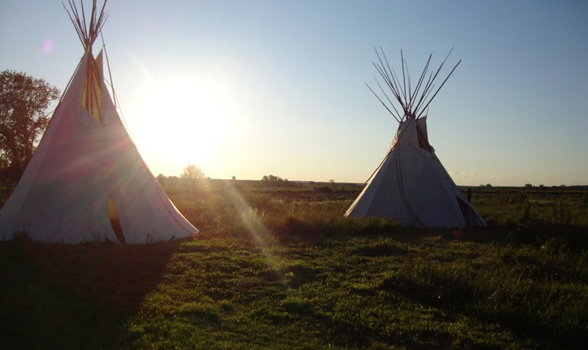
This is a guest article written by David Dean, Founder & Director of Unity Hoops Basketball.
On the Crow Indian Reservation just south of Billings, Montana a way of life exists that flows with the sun and seasons, one not contingent on the constant tick of the stress-filled clock so characteristic of western society. What remains most deeply etched into my mind about my experience there is not the expansive sky or the beauty of the natural world, but rather the continuing hardship of a people whose struggle has been neglected and hidden through history.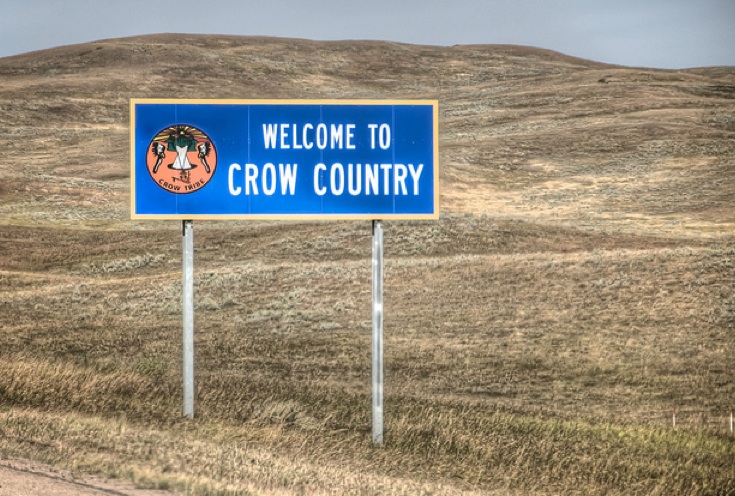

I remember the solemn faces of children searching for ways to express their feelings about the substance abuse that had taken the lives of their parents. I think back to a man telling the story of his false hope for greater federal aid following the election of President Obama.
I recall two girls seven and thirteen, who, at different times, spoke to me without emotion, saying, “My mom died from drugs,” like it happened all the time. I cannot forget the shame so apparent in young teenagers after admitting that time and time again they went to bed hungry.
And the ten-year-old who broke down, and wept about her home life, sobbing, “My dad just drinks and drinks. We can’t live with him. I’m scared he’ll hurt me when he gets mad again. He already did that to my mom. She took me to Pryor where we stayed in a tent last night—I was so cold… Tonight, I don’t know where she is—I can’t find her anywhere.” The girl then began to beg for a place to stay.
I often recollect the worn but penetrating stare of a spiritual and community leader who spoke to me slowly and with a lucid tone about the racism, second-rate educational systems, and lack of representation from both federal and reservation governments that act as barriers keeping Native youth from their potential, saying, “Our children are so behind. And they are our future. We all must help them to catch up.”
Or the wrinkled, scarred face of a high school basketball coach standing with his wife and daughter. He stared at his feet and softly murmured, “We lost everything we had in the flood.” His words were interrupted by the bounce of a rubber ball on concrete, that somehow, if only for a moment, made things better.
I remember the look of helplessness and anger in the eyes of a young boy as he began to tear up, putting his hands over his face and whispering, “The men in my family are wicked.” Later I witnessed the same child dribbling through defenders with speed—running on the wind—finding peace of mind in the game that had almost become a part of culture itself—a game described to me by a Crow elder as “poetry in motion.”
♦◊♦
Daybreak appeared on a cloudless horizon. The Center Pole youth outreach center, a shining light of hope for many, welcomed in the drifting sun through the front entrances of each of its buildings, which all face the east in the traditional Crow way. On this June morning the inescapable cold of the Montana winter had not yet been fully replaced by the expected heat of the later summer months. Our group of college players and lovers of the game who swore to wake up early to work out still rustled in sleeping bags on the chilly floor of the Center Pole lodge.
It was the first day of Unity Hoops Basketball Camp—better known as the Unity Hoops Basketball “Empowerment Program”—but the decision had been made to create flyers with the word CAMP substituted in an attempt to initially attract greater numbers of young people. That morning we woke and departed with a trailer full of balls, cones, snacks, and t-shirts. We had to bring gallons of store-bought water as well. A devastating flood had recently polluted the water supply and had also displaced hundreds of families, most of which were staying at the only gym in town—the Crow Multi-Purpose facility. Because of this we were situated a mile north of the small reservation town of Crow Agency, at the base of a large hill on a group of four isolated outdoor courts.
When the Center Pole graciously accepted my proposal in the spring of 2011, our organization was founded with the intention of using basketball as a common language to teach far greater life lessons to young people in need, bringing them together and teaching skills necessary for perseverance through the circumstances that they face everyday—in basketball and in life.
On the reservation, basketball is simply enormous. At Little Big Horn College, a local two-year institution, the game is the only sport offered. Many times basketballs are woven into feathered headdresses and traditional clothing worn during Native dance competitions and community gatherings. Conversations about whether Dirk and the Mavericks would beat the Heat to win their first title probably happened almost as often as they did in the frenzied areas of Dallas and South Beach. I met children named Kidd, MJ and Kobe, all named by their families after NBA legends.
Our staff enthusiastically welcomed the long line of young ball players waiting to sign up. But we didn’t get a very energetic response. Many greeted us with their heads down, limply shaking our hands as they cringed at the prospect of greater personal expression. It was incredible to see them open up as the week went on, finding meaning in our collective identity as the Unity Hoops Family.
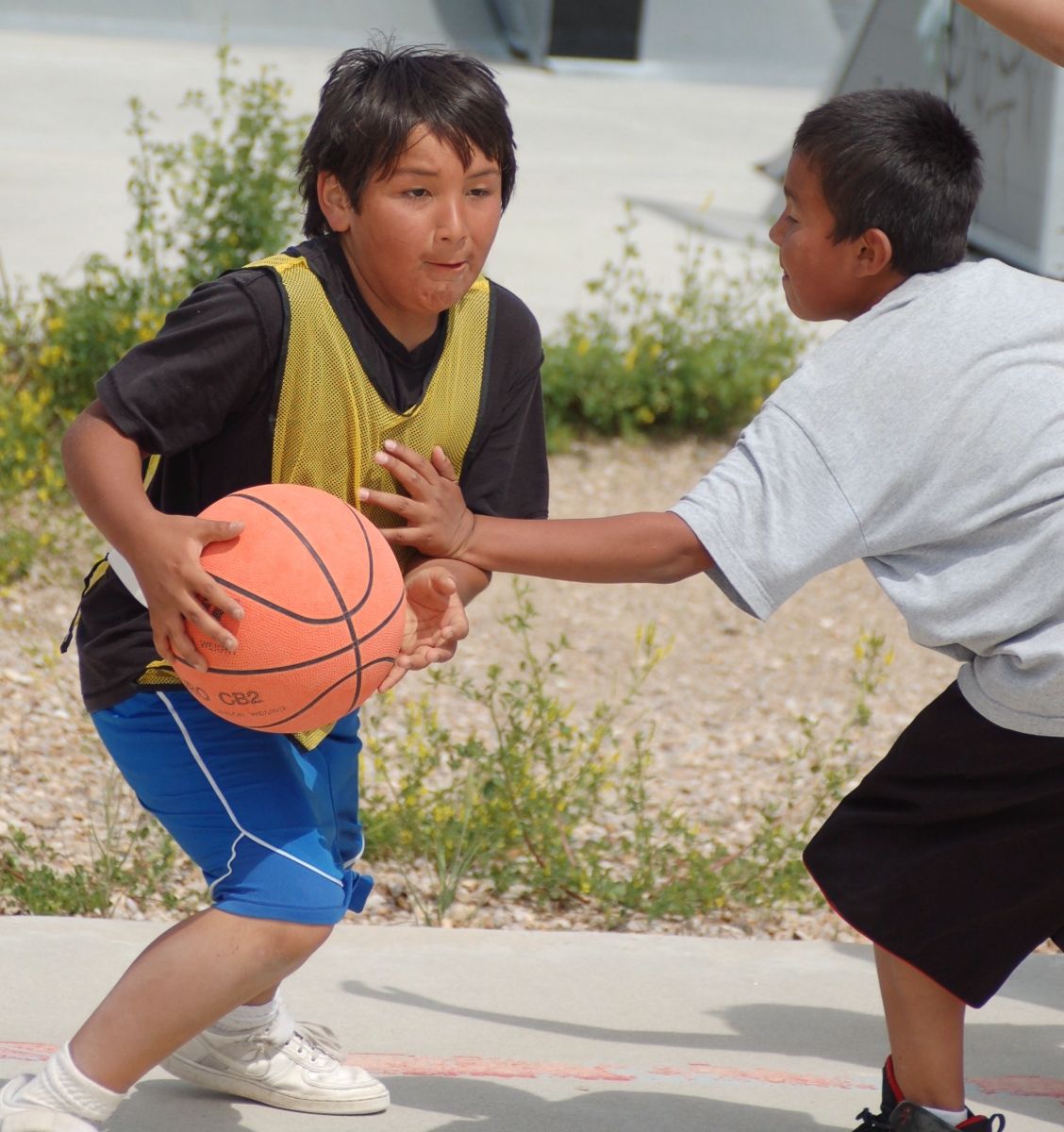
By the end of each week campers were picking up trash, cheering each other on, setting goals, encouraging each other to stay internally strong in the face of adversity, or what we call at Unity Hoops, "Thinking Like a Buffalo," and enthusiastically singing self-made cheers involving our three core principles: hustle, support of one’s teammates, and belief in oneself and one’s dreams. An example went as follows, with one leader and a group repeating line by line:
Hustle, Support and Believe!
Doing these things we can achieve!
The Unity Hoops big family!
Together we will achieve our dreams!
♦◊♦
The Montana sky is so colossal that one can observe storms coming from miles away. On the last day of camp, after two weeks of perfect weather, it looked as if we were about to be pummeled by rain—so much so that we were considering ending the day early. However, Hunter thought differently. Hunter Popetsaitke is a small, wiry, high-voiced eleven-year-old who is full of energy, typically seen racing the ball down the court only to shoot a strange, diving finger-roll layup from the free throw line.
And he, his sixth sense apparently in tune with forces of nature that I could not comprehend, was sure that the storm was NOT coming our way. He insisted, “It’s going east! It’s going east!” Reluctantly we listened and continued at our normal pace.
The Unity Award became the top prize at our graduation ceremony, held as the last event of the week. The award went to the athlete who brought all of our life concepts together, turning teaching on inclusive leadership, handling adversity and peer pressure, self-discipline and goal-setting into one inspiring whole.
And as the black clouds of Hunter’s prediction veered to the east just before they reached us, a burly 13-year old post player named Lando Stewart stood up to receive his Unity Award. After a long applause he asked us if he could address his peers with a short speech. He, and his newfound voice for leadership, pivoted toward his audience.
He began to speak to youth living in a world where jail was more likely than college, where unemployment percentages were far higher than life expectancies, where alcoholism was rampant and children were abandoned. He talked to the kids of broken homes who slept together in damp, abandoned trailers, the young people whose cultural identity had been stereotyped and degraded by the western world for centuries, those whose parents didn’t feed them, those whose angry fathers beat them, and those who just didn’t know what to do. At this moment, encircled by a whistling wind, Lando Stewart began to give a message of hope and empowerment.
"Even when you’re down—you were born runners. So you need to keep on hustling. Every shot you get… take it no matter what. And always believe in yourselves no matter what… I hope all of you will be good high school ball players, go on to college, and do great things in the world. Just believe in yourselves and always stay together when times get tough. Thank you everybody."
Our goal is to use basketball as a metaphor for life. Unity Hoops Basketball was created for the children who play pickup games until the wee hours of the morning, their uneven courts and crooked rims lit only by the amazing stars of Montana’s night sky—the same stars that most kids there are too afraid to wish on. Hopefully, for the 120 children of the Crow Nation that we worked with this summer, we were able to change that.
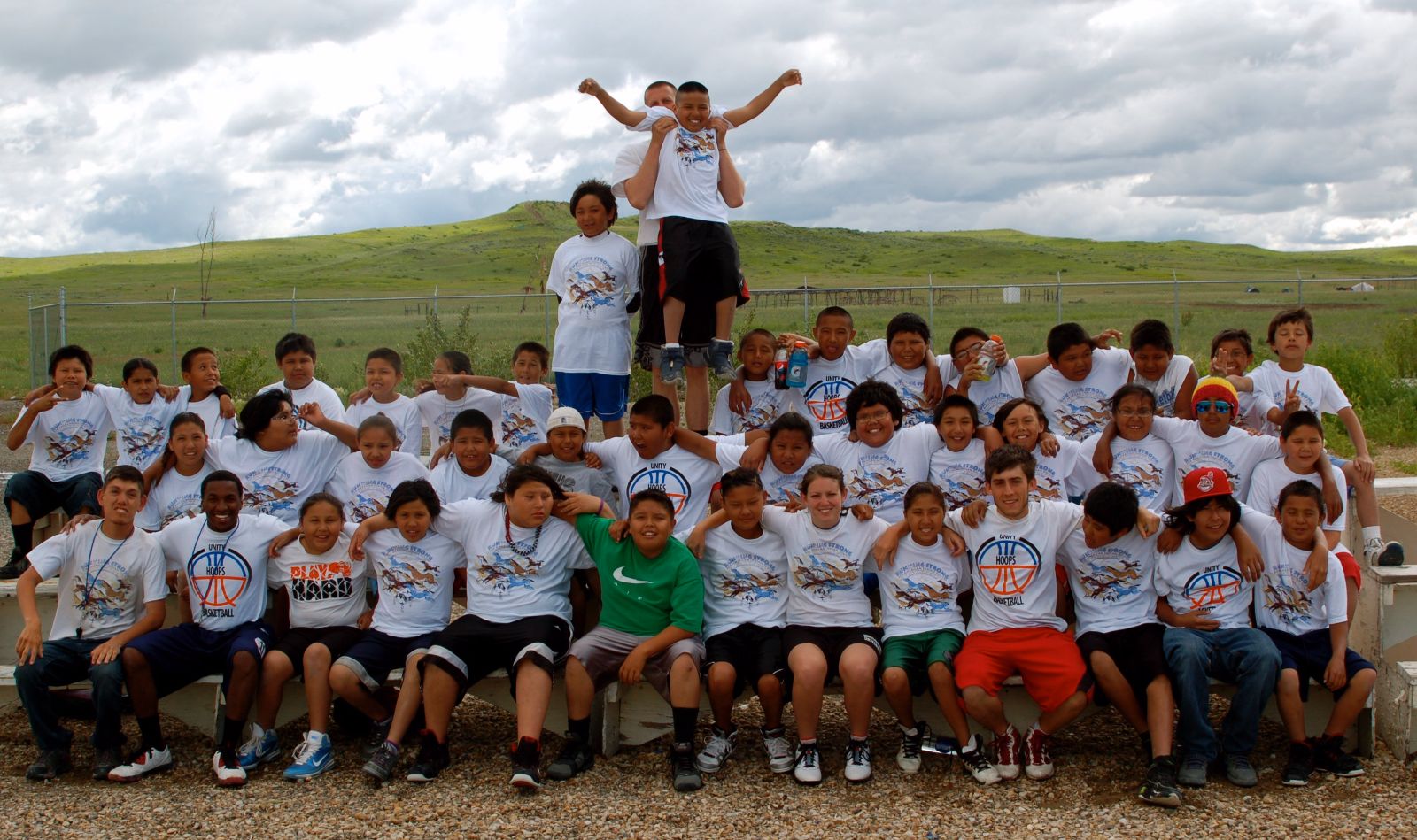
Photos: Courtesy of Christina Mullen
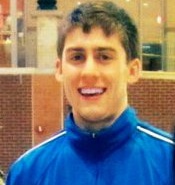 David Dean is the founder and director of Unity Hoops Basketball, an organization that uses basketball as a common language to empower, unite and teach valuable life lessons to disenfranchised youth on the Crow Indian Reservation in Montana. He is a former college basketball player and a current junior at Dickinson College in Pennsylvania where he is studying Political Science and Sociology.
David Dean is the founder and director of Unity Hoops Basketball, an organization that uses basketball as a common language to empower, unite and teach valuable life lessons to disenfranchised youth on the Crow Indian Reservation in Montana. He is a former college basketball player and a current junior at Dickinson College in Pennsylvania where he is studying Political Science and Sociology. 
